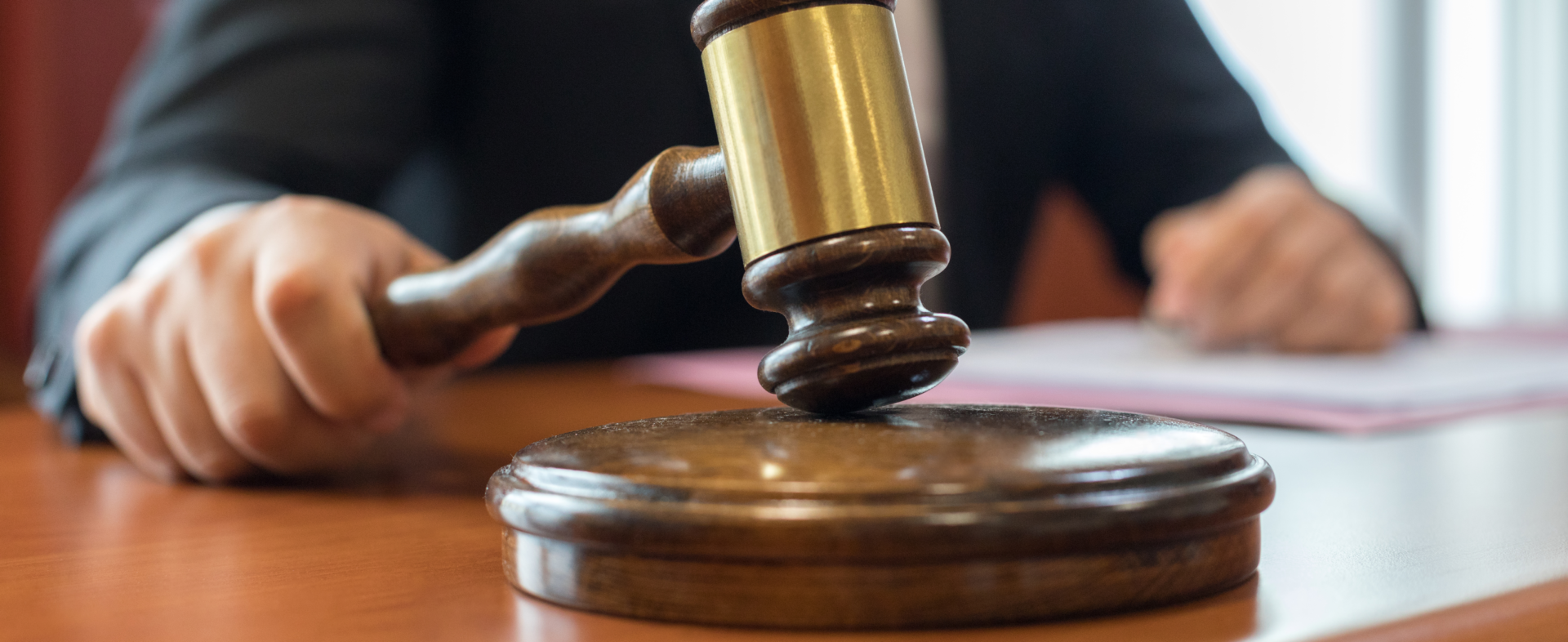Litigants from Russia and Ukraine were among the top 10 users of the London commercial courts during the year 2021/22, even though Ukraine’s litigants numbers were sharply down on record totals since the year before. Russia moved up from third to second place in the listings, with 41 litigants appearing before the courts rather than the 36 it had in 2020/21. Ukraine was down from 25 litigants to 12.
However, these statistics take no account of Russia’s invasion of Ukraine on 24 February and the war that followed. Although the figures cover rulings delivered during the year to 31 March, almost all of them must relate to cases heard several months earlier.
Next year’s figures are bound to be very different. Ukrainian and Russian litigants are currently facing unprecedented difficulties in accessing the London courts – though for very different reasons.
At the end of March 2022, lawyers for eight Ukrainian defendants asked the business court in London to reschedule a case brought against them by a state-owned Ukrainian bank. A three-month hearing had been due to begin in June 2022. Overruling the bank’s objections, Mr Justice Trower adjourned the hearing until June 2023 (JSC Commercial Bank Privatbank v Kolomoisky and others [2022] EWHC 775 (Ch)).
A major problem in that case was contact between lawyers in London and clients in Ukraine. By contrast, the problem that Russian litigants face is finding lawyers to act for them in the first place.
Many international law firms closed their Moscow offices within days of the invasion. While not all of them condemned Russia’s actions explicitly, almost all the major firms said they were refusing to accept new instructions from Russians. Others said they would also terminate existing mandates.
One lawyer at a middle-market firm that had acted for Russian interests in the past told me he was getting a couple of calls every day from Russians seeking representation. He turned them down. Another lawyer with a niche practice said he had been asked whether his firm would be willing to act for the Russian government. He said no.
Representing former shareholders in the Yukos oil company who are seeking to enforce an arbitration award against Russia of more than $50 billion, Jonathan Crow QC told the Commercial Court on 1 April: “We know White & Case is going to stop acting for the Russian Federation and will do so as soon as practicable. We know that a new firm will take a very considerable amount of time to get up to speed.” (Hulley Enterprises v Russian Federation [2021] EWHC 894 (Comm))
Will Ukrainians and Russians take their disputes to commercial courts in other countries? That seems unlikely. It’s not going to be any easier for lawyers in another part of the world to take instructions. Global law firms that have offloaded Russian clients are not going to welcome them simply because they want to litigate in a different jurisdiction. So it looks as if these disputes will be put on hold for a year or two. Some may settle.
The damage done by Russia to Ukrainian businesses is unquantifiable. In the years to come, though, there will have to be some sort of reckoning. If Russia ever agrees to make reparations, courts that are trusted by both sides – such as the London Commercial Court – may well have a major role in assessing Ukrainian losses.
This contribution is taken from Commercial Courts Report 2022, produced by Portland’s specialist Litigation and Disputes practice. Sign up to download the report here.





